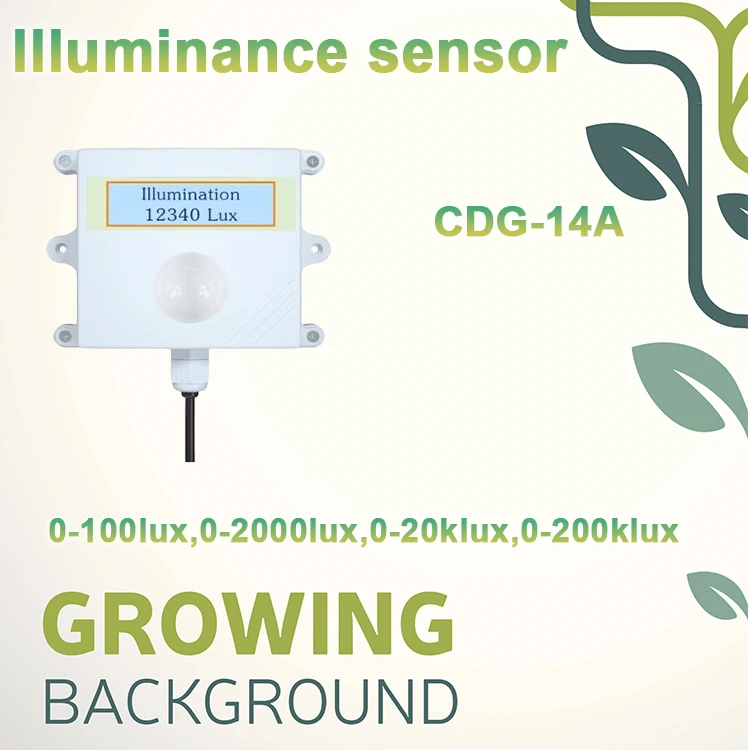
# Light Detector Sensor: A Comprehensive Guide
## Introduction to Light Detector Sensors
Light detector sensors are essential components in modern technology, enabling devices to measure and respond to light levels. These sensors convert light energy into electrical signals, making them invaluable in applications ranging from consumer electronics to industrial automation.
## How Light Detector Sensors Work
Light detector sensors operate based on the principle of photoelectric effect. When photons strike the sensor’s surface, they generate electrical charges proportional to the light intensity. The most common types include:
- Photodiodes
- Phototransistors
- Photoresistors (LDRs)
- Photovoltaic cells
Types of Light Detector Sensors
1. Photoresistors (LDRs)
Light Dependent Resistors change their resistance based on light intensity. They’re simple, inexpensive, and commonly used in automatic lighting systems.
2. Photodiodes
These semiconductor devices convert light into current and are known for their fast response times, making them ideal for optical communication systems.
3. Phototransistors
Combining the light sensitivity of photodiodes with the amplification capability of transistors, these sensors offer higher sensitivity than photodiodes alone.
Applications of Light Detector Sensors
Light detector sensors find applications in numerous fields:
- Automatic lighting control systems
- Optical communication devices
- Security systems
- Digital cameras (for exposure control)
- Industrial automation
- Medical equipment
Choosing the Right Light Detector Sensor
When selecting a light detector sensor, consider these factors:
| Factor | Consideration |
|---|---|
| Sensitivity | Required light level detection range |
| Response Time | How quickly the sensor reacts to light changes |
| Spectral Response | Which light wavelengths the sensor detects |
| Operating Environment | Temperature, humidity, and other environmental factors |
Future Trends in Light Detection Technology
The field of light detection continues to evolve with advancements in:
- Quantum dot sensors for improved sensitivity
- Flexible and wearable light sensors
- AI-integrated smart light detection systems
- Energy-harvesting light sensors
As technology progresses, light detector sensors will become more sophisticated, enabling new applications and improving existing ones across various industries.
Keyword: light detector sensor